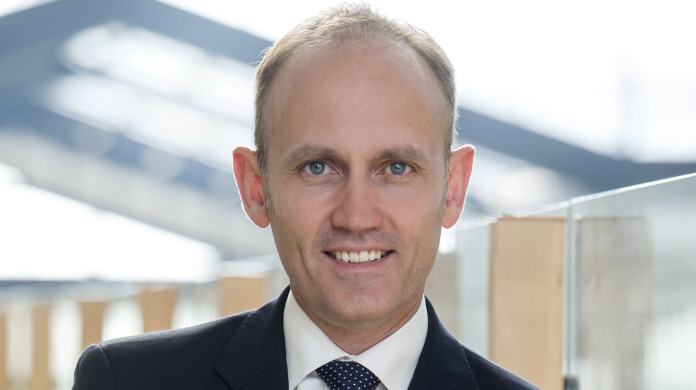
IT’S an historical quirk of South Africa’s mining sector that exploration for new minerals and metals has been the responsibility of the mining houses, partly because the endeavour is risky, takes time and requires loyal shareholders.
Now, however, with a boom in minerals demand underway, and in the absence of mining houses – most of which have been dismantled over the last quarter of a century – serious questions are being asked about whether South Africa can finally establish something like a junior mining sector.
Presently, there are few companies engaged in real, grassroots exploration. One is Orion Minerals, a company digging for base metals in the Northern Cape province. Instructively, it is financed mostly from Australian money where the company is primarily listed.
The lack of minerals development even made Parliament recently. Shadow mines minister, James Lorimer, laid into mines minister, Gwede Mantashe, following his budget vote speech on May 15 asking why proposed amendments to the Minerals & Petroleum Resources Development Act didn’t do enough to encourage junior mining? “We must focus on junior mining,” said Lorimer. “Regulations should be better designed and we should look seriously at an MPRDA Lite; this should be vigorously [approved]?” he asked.
To be frank, Mantashe has more important fish to fry than junior mining given the urgency around Mining Charter negotiations, but he did acknowledge that one factor affecting new investment in the country’s mining sector was corruption. Applications for prospecting licences had been collecting dust since 2010 in some instances, he said. “No satisfactory reason has been advanced as to why we have this backlog,” he said.
“The word in the corridors is that applications for the known, or those those who are paying, are prioritised. We are committed to dealing hard with corruption.”
Data produced by S&P Global Market Intelligence illustrates the extent of the decline in South Africa’s exploration sector. The country’s share of the African exploration budget has fallen from 35.7% in 2002 – 2003 to just 8.3% in 2017 whilst budgets set aside for exploration has fallen similarly drastically: down to R87.1m today from R404m in 2007 which broadly approximates to the apex of the commodity super-cycle.
Paul Miller, a former Nedbank resources banker, now heads up a private equity outfit known as Concentrate Capital Partners (CCP). It isn’t focused on exploration investment – which perhaps underpins the riskiness of the sector – but it does want to support brownfields expansion of existing mineral resources.
Backed partly by Stockdale Street, the entity that manages Oppenheimer family money, the aim is to tap into the project pipeline identified by DRA, a large mining engineering consulting company headquartered in Sunninghill, northern Johannesburg. DRA is also a backer of CCP which has been established as a so-called Section 12J entity that essentially allows mining investment to be written off against an investor’staxable income.
The entity also has mining industry luminaries in consulting capacities such as Jean Nel, the former CEO of Aquarius Platinum and Tom Borman, a former BHP staffer but whose entrepreneurial endeavours are well known such as the original JSE-listed Optimum Coal and Metmar, for instance.
What’s interesting about CCP is its intention to tap finance differently and in such a way that could perhaps be instructive to the exploration sector. “We intend to raise money through wealth managers from high net worth individuals,” said Miller from his Parktown North offices. “In that sense, we are competing against specialised unit trusts and hedge funds because we’re selling a financial product into the market,” he said.
The rules of the investment is that backers have to invest for a minimum of five years to permanently benefit from the tax incentive. The pool of investors is some 40,000 South Africans estimated to have more than $1m in assets. “To get the best risk adjusted return for investors we are looking at partnering with existing producers to provide them with capital for secondary projects such as tailings retreatment plants, mine dump reprocessing or brownfields plant expansions.
“The fact of the matter is that this very significant and important industry has been hammered and it’s short of capital,” he said. “If we get R2bn or R3bn under management, we will be very successful. It is important that we partner with existing producers with fully permitted projects to avoid the regulatory risk that is so prevalent in the South African mining industry. We can’t expect our investors to suffer the vagaries of the DMR’s permitting approval process.”










